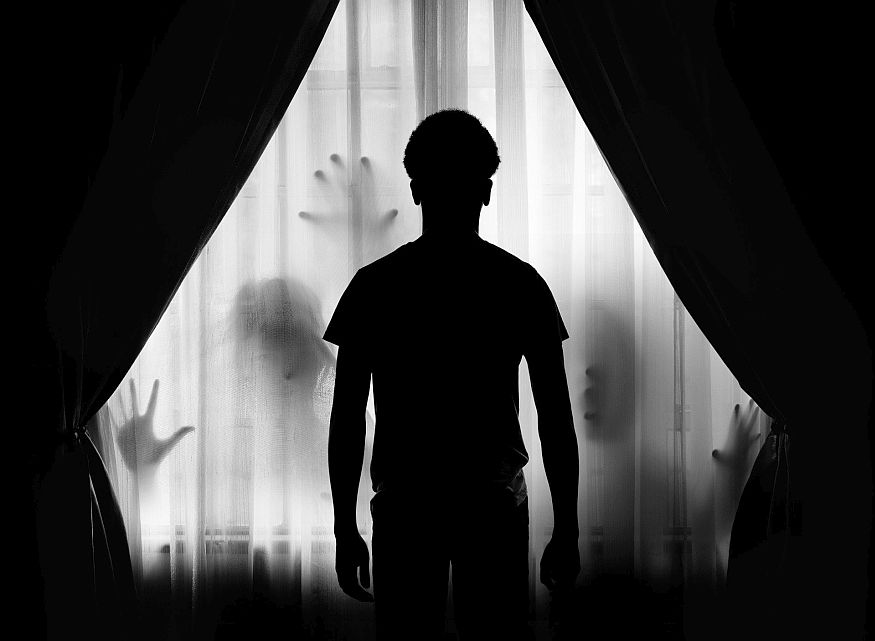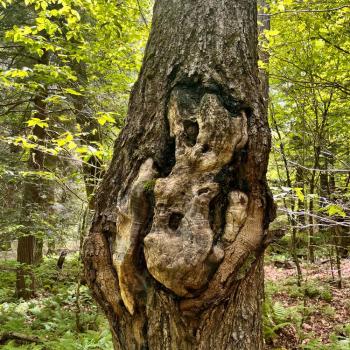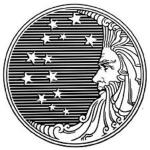
Allegory of the Cave
I am teaching an Intro to Philosophy course in a couple of weeks and one of the stories I will be having my students look at is Plato’s classic Allegory of the Cave. If you have not read this, you can find it here.
People mistake the appearance of what is in front of them as reality and live in ignorance (quite happily, for ignorance is all these people know). However, when parts of the truth start to emerge, it can be frightening and can make people turn back. If one does not turn away from the truth and continues to seek it, he will have a better understanding of the world around him (and will never be able to return to that state of ignorance). The freed prisoner represents the philosopher, seeking a greater truth outside the perceived reality (Kleinman, 2013).
Sometimes, what we perceive to be our true self is just an illusion to who we really are. Dissonance happens when we have an existential crisis of meaning where we feel like we are different from how we are perceived. In the same experience of the cave, when the truth of our selves is momentarily exposed, we can develop resistances that can lead to depression and anxiety over this revelation.
As a pastor, I believe that we are all God’s beloved. We are worthy of love and respect and dignity. As a therapist, many people come to me to wrestle with this reality.
Carl Jung
Carl Jung was a Swiss psychiatrist and psychoanalysis whose work contributed largely to the field of psychology in the 20th century. Among the many ideas he posited, shadow work came from the belief that everyone had a shadow side that we repressed from childhood. Jung further believed that the shadow was associated with our negative emotions. Jung’s approach was to embrace rather than ignore this presence. By doing so, by embracing our shadow side, we can begin to truly know ourselves.
Jung believed that the human psyche was made up of three components:
The ego — is what we are consciously aware of when we think about ourselves.
The personal unconscious — all the information in someone’s mind that is not readily available to consciously recall.
The collective unconscious — another form of the unconscious, but one that is common to all of us.
We begin to do shadow work when we learn to become aware of our unconscious self and recognize how it manipulates or drives our conscious self. Often, Socratic questioning is employed along with other therapeutic techniques.
Internal Family Systems
Tied to the notion of shadow work but unrelated, the Internal Family System is “a transformative tool that conceives of every human being as a system of protective and wounded inner parts led by a core Self. We believe the mind is naturally multiple and that is a good thing. Just like members of a family, inner parts are forced from their valuable states into extreme roles within us.” It is one tool that helps us become aware of our unconscious self.
As we can see from these two approaches is the idea that who we see ourselves is not always who we are. As a therapist trained in humanistic psychology, I deeply understand how our family systems influence our development and shape our sense of self. The old stereotype of the therapist telling you that all your problems stem from your family is true. We are the people our parents shaped us to be. It can take years of therapy with either IFS, or shadow work or just plain CBT to get someone to come around and accept their true self and their true purpose.
The Spiritual Practice of You
Each of us is a work in progress. Engaging in the spiritual practice of you cultivates an awareness of the divine love in which we were all created.
Consciousness vs. Unconsciousness
Shadow work is also spiritual work. To get our heads around this, we need to turn back to the ideas of consciousness vs unconsciousness as noted above.
Consciousness is essentially everything that’s in front of you. It’s everything that you see, smell, touch, taste, and feel. It also includes all the thoughts that you’re aware of, as well as your beliefs.
Your unconscious is the opposite. It is essentially everything that is not in front of you. It is everything that you are not aware of.
The most significant difference between the conscious and the unconscious is that the conscious is actually very limited. One is aware of what they are conscious of. Your unconsciousness is limitless and is everything you are not aware of.
As a practice for therapy, helping clients become aware of how their unconscious thoughts influence their being is a big aim in my work. For this, I use the noted modalities listed above but also Eye Movement Desensitization and Reprocessing (EMDR), Cognitive Behavioral Therapy (CBT) and other mindfulness techniques.
As a practice for spirituality, helping one understand their true self in relationship to their faith tradition. In Christianity, it could be helping one actualize their Christ nature. In Buddhism, their Buddha nature, in Islam, it is recognizing your divine nature.
Reference:
Klienman, P. (2013). Philosophy 101: From Plato and Socrates to Ethics and Metaphysics, an Essential Primer on the History of Thought. Adams Media. https://www.amazon.com/Philosophy-101-Socrates-Metaphysics-Essential-ebook/dp/B00EKPKRPO/ref=sr_1_1?crid=1NK28D9WMEOXV&keywords=philosophy+101+paul+kleinman&qid=1701359454&sprefix=Paul+Kleinman%2Caps%2C327&sr=8-1
Before you go…
The world is complicated, but Love Opens Doors strives to help you understand it. Each week, I am putting out 2 articles a week ranging from health to spirituality from theology to philosophy and from Church history to ethics. Each week, I put many hours in a week to create insightful, enlightening and meaningful content to share with you. Sign up for my free newsletter to get these articles in your inbox each day.

















